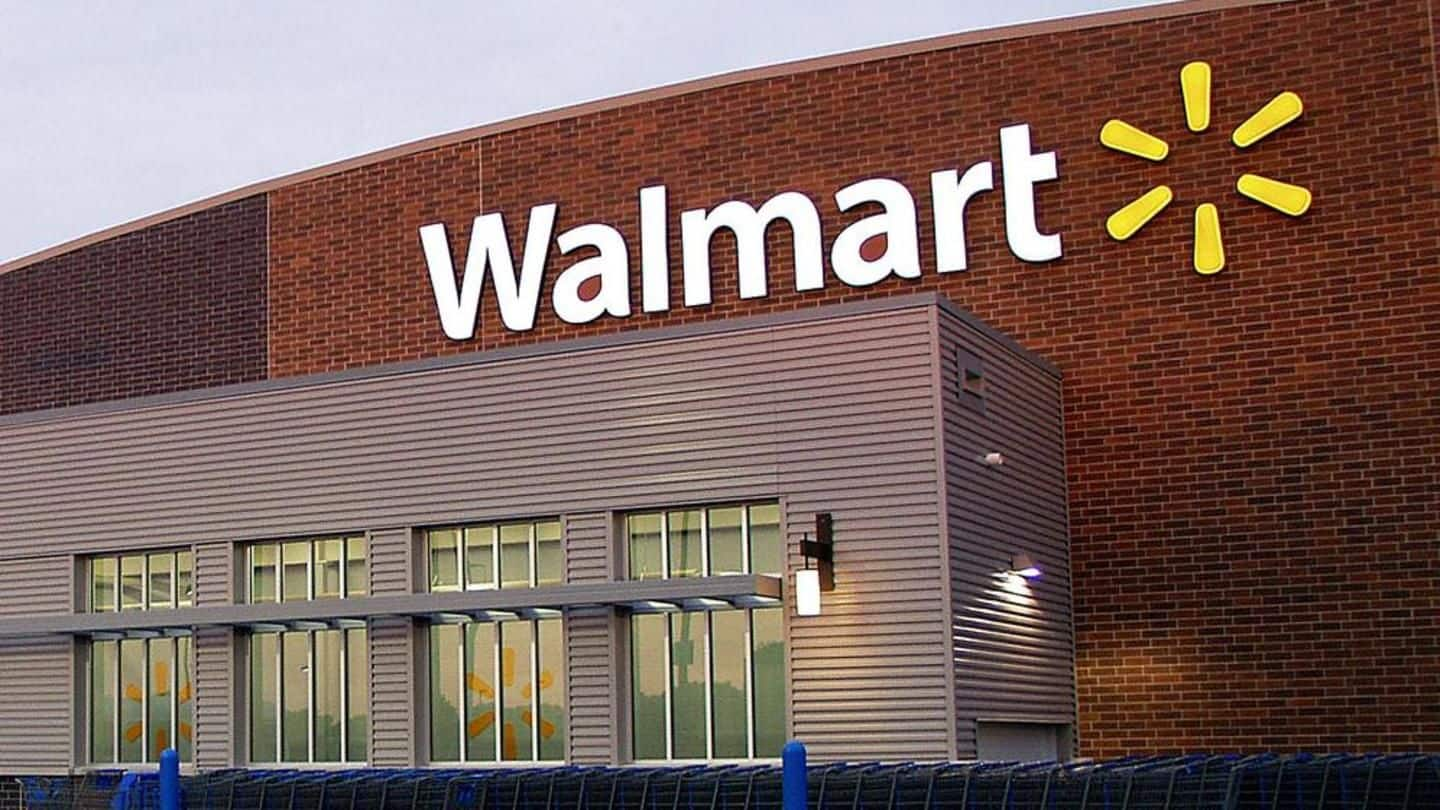
Amid landmark Walmart-Flipkart deal, many fear for survival
What's the story
This week saw one of the most important acquisitions in Indian history, as Walmart poured in $16bn into Flipkart for a 77% stake. The ramifications are humongous. But the view isn't as pretty from two steps back: who exactly will this deal benefit, and can it actually have more negative consequences than positive? Several stakeholders presume Walmart's entry means the death knell for them.
Deal
The deal that has grabbed eyeballs internationally
The Walmart buyout has brought cheers for Flipkart, whose valuation has jumped to $21bn from $10.2bn a year ago. The deal will see a series of exits, including of co-founder Sachin Bansal, investor SoftBank, and partially of shareholders Tencent Holdings and Tiger Global Management. It also turned several Flipkart employees millionaires by bringing in one of the largest pools of wealth for employees.
Positive
These are just two ways the deal will help India
At the ground level, the biggest impact will be felt by customers. As rivals Amazon and Walmart try to woo them, the competition will bring down prices. Walmart, which has been sourcing goods worth a "couple of billion" dollars from India for its stores abroad (apparel, medicines, handicraft), will also likely step it up, now that it has access to Flipkart's huge supplier-base.
Caution
'You don't ever win with Walmart': A word of caution
Despite some positive consequences, there's no winning with Walmart, says journalist Charles Fishman, who wrote a book on the company's operations. "You may survive, but as a competitor...Walmart will come after your customers, and...after your profit margins." "Taking care of Indian consumers, workers, and the Indian economy will be the job of Indian officials. Walmart will always push to get the best deal...for itself."
Worry
These people are doubtful about survival in the market
Fishman's warning is manifested on the faces of smaller online sellers, retailers and even brick-and-mortar traders. Online sellers are apprehensive Walmart will bring in its own private labels via Flipkart and offer them at hyper-competitive prices, something the giant can afford to, but not them. Physical retailers worry this will transfer part of their market share, currently at 98%, to the online space.
Suppliers
Suppliers, whose demand is likely to increase, are worried too
At first glance, this is good news for suppliers, who are now likely to see increased demand for goods. But eventually, both Amazon and Walmart will hunt the market for suppliers too, like for consumers, and squeeze them for the best (read: cheapest) deals. So even though the volume of supply increases, profitability will be hit hard, said Fishman.
Do you know?
Farmers might just gain from this mega corporate acquisition
There's a silver lining on the horizon for farmers. Walmart beats Amazon in one aspect: the former has the ability "to take fresh farm produce through very sophisticated cold chains," said FMCG veteran Gurcharan Das. As Walmart steps up purchases, farmers are likely to gain.
Future
How far are restrictions going to keep Walmart at bay?
The government has restrictions for foreign players: they need to source 30% of their processed-products from small Indian enterprises, and are limited to cities with populations of over 1mn. But thanks to changing demographics, rising income and increasing internet penetration, online retail is estimated to grow 13 times by 2026, accounting for 12% of India's retail. The path forward has to be traversed carefully.